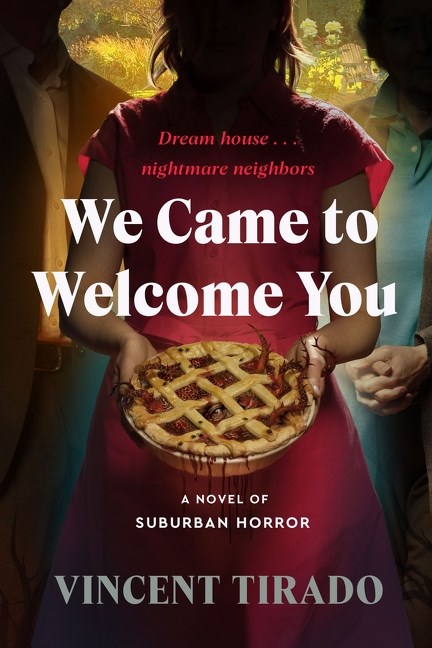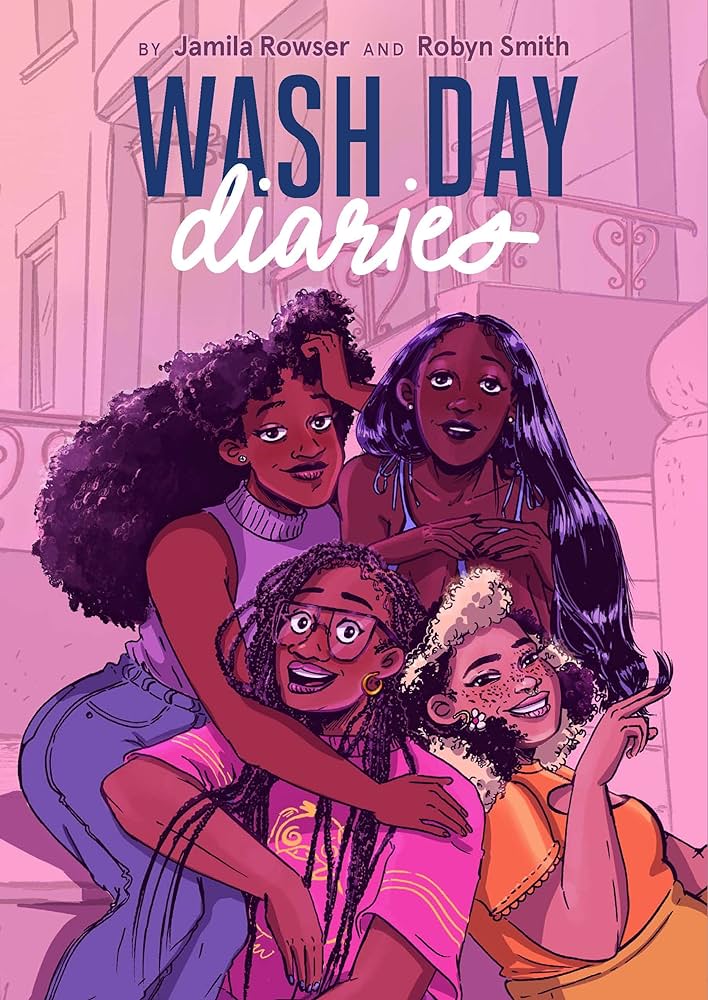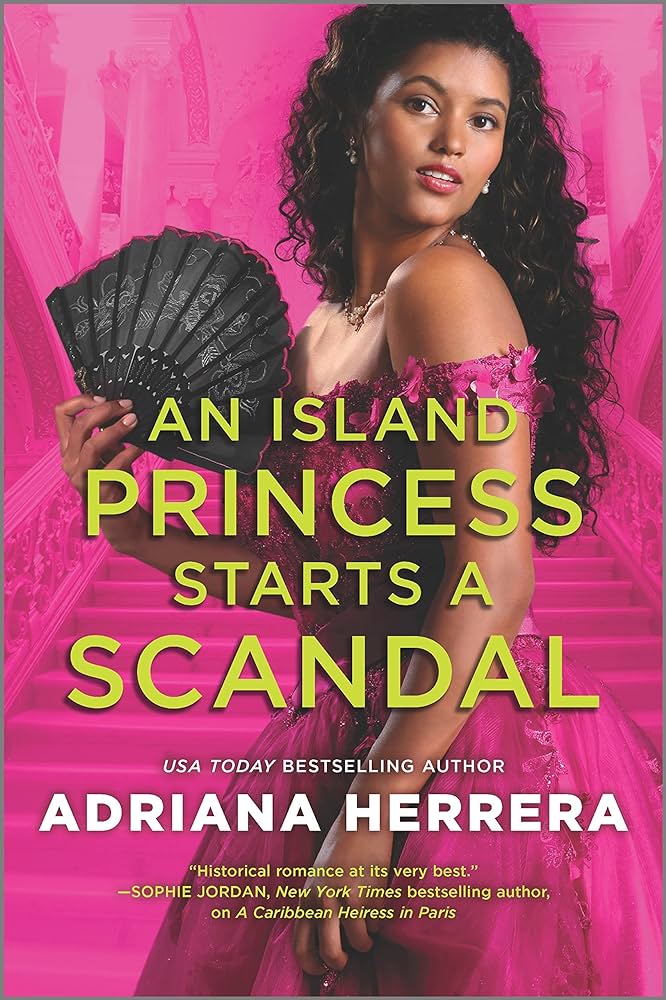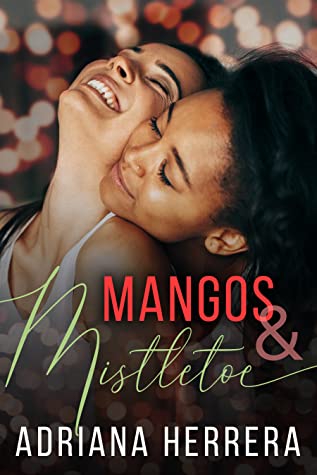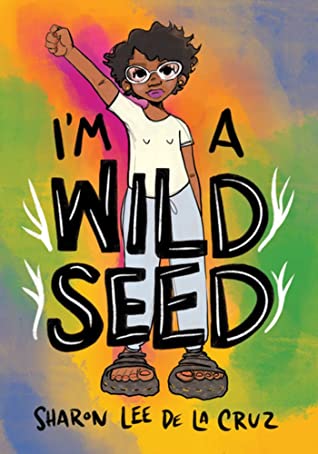Mesmerizing, sickening, echoing-hole-in-your-stomach, roller coaster lurch of a creeping inferno: Vincent Tirado’s We Came to Welcome You: A Novel of Suburban Horror is all that and more. Released in the last quarter of 2024, to the tune of “The Other Black Girl meets Midsommar,” the book takes the banal normalcy of racism and colonialism and twists it until itsRead More
Love, Friendship, and Hair Care: Wash Day Diaries by Jamila Rowser and Robyn Smith
Buy this from Bookshop.org to support local bookstores and the Lesbrary! In Wash Day Diaries, readers follow a group of four young Black women from the Bronx, getting a glimpse of their daily lives through their hair care routine and wash day experiences. Presented as five interconnected short story comics, we get to meet Kim, whoRead More
A Standing Ovation for Clap When You Land by Elizabeth Acevedo
Buy this from Bookshop.org to support local bookstores and the Lesbrary! “There is another girl / on this planet / who is my kin. / My father / lied to me / every day of my life. / [ . . . ] I want to put my fingers / against my sister’s cheek. /Read More
A Steamy Lesbian Historical Romance in France: An Island Princess Starts a Scandal by Adriana Herrera
Buy this from Bookshop.org to support local bookstores and the Lesbrary! “A person could live a lifetime in six weeks, Your Grace. Entire lives have been changed in less.” Picture this: it’s summer, your sunscreen is applied, and you’ve taken the day off to spend solo on the beach. You’ve already taken a dip inRead More
Kayla Bell reviews Mangoes and Mistletoe by Adriana Herrera
Amazon Affiliate Link | Bookshop.org Affiliate Link Another holiday season, another sapphic Christmas romance. Cozy up with your favorite holiday baked goods and a cup of hot chocolate, because Mangoes and Mistletoe by Adriana Herrera is an awesome addition to the genre. Our story begins in Scotland, where our protagonist, Kiskeya Burgos, is getting readyRead More
Danika reviews I’m a Wild Seed: My Graphic Memoir on Queerness and Decolonizing the World by Sharon Lee De La Cruz
I’m a Wild Seed is a short graphic memoir exploring the author’s exploration of her identity. It’s about how her “coming into queerness,” but it’s also about her relationship to her racial identity and decolonizing gender and sexuality. Because this is so short, it often reminded me more of an in-depth essay than a graphic memoir–that’sRead More
